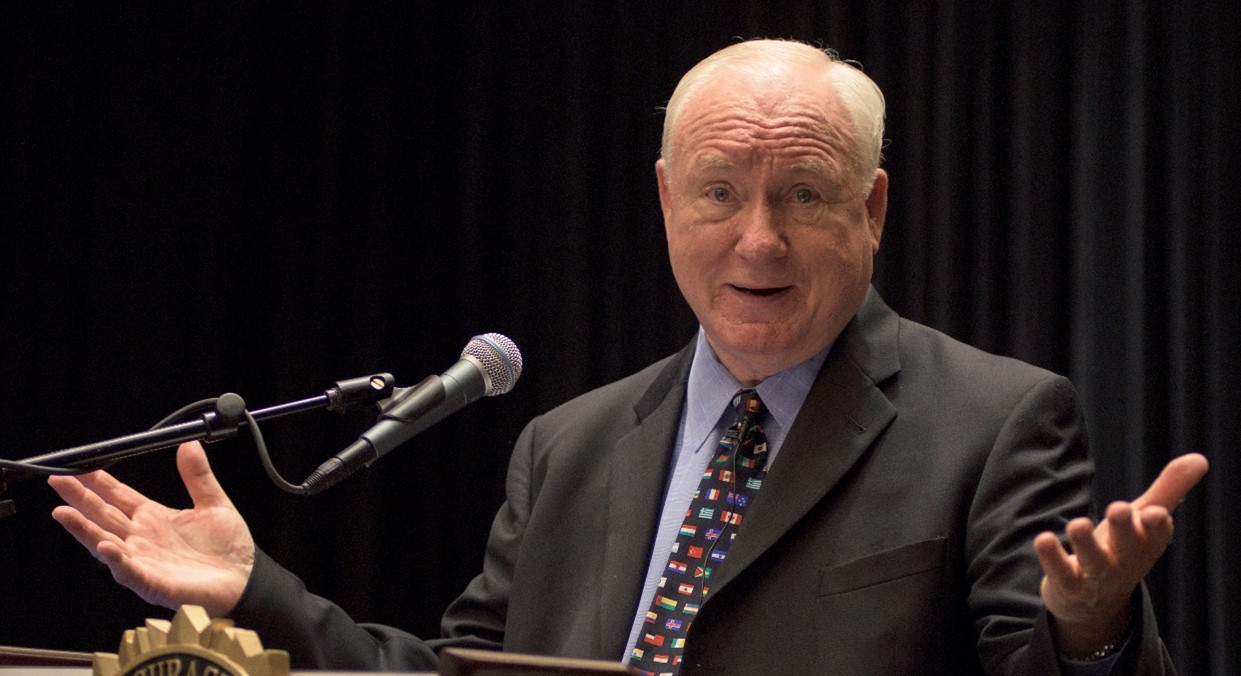I learned long ago that fewer rather than more words tend to help understanding, especially of truth.
These examples have been my guiding thoughts as I write most any document or prepare a speech to an audience:
- The Ten Commandments, Exodus Version, has 313 words.
- The Gettysburg Address had but 272 words.
- John F. Kennedy’s, Going the Moon speech at Rice University, 26 words, “We choose to go to the moon in this decade and to do the other things not because they are easy but because they are hard.”
- John F. Kennedy, 17 words, “Ask not what your country can do for you, but what you can do for your country.”
- Martin Luther King, 4 words, “I have a dream.” (four words and seven dreams out of a 91-minute presentation in 1963 at the Lincoln Memorial.)
- Write less but make it more important and more memorable.
- Say less but make it interesting, powerful, and important.
- What makes a story valuable is a moral, or a lesson, or key message or purpose, or a self-evident truth.
- Use stories carefully. Most stories are never true.


